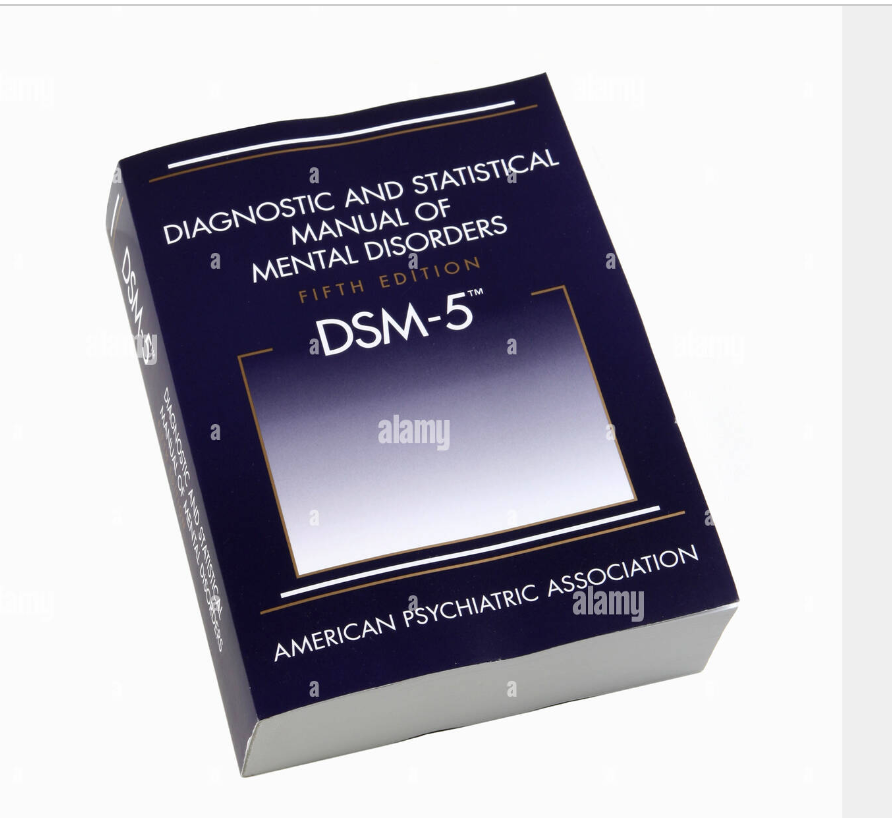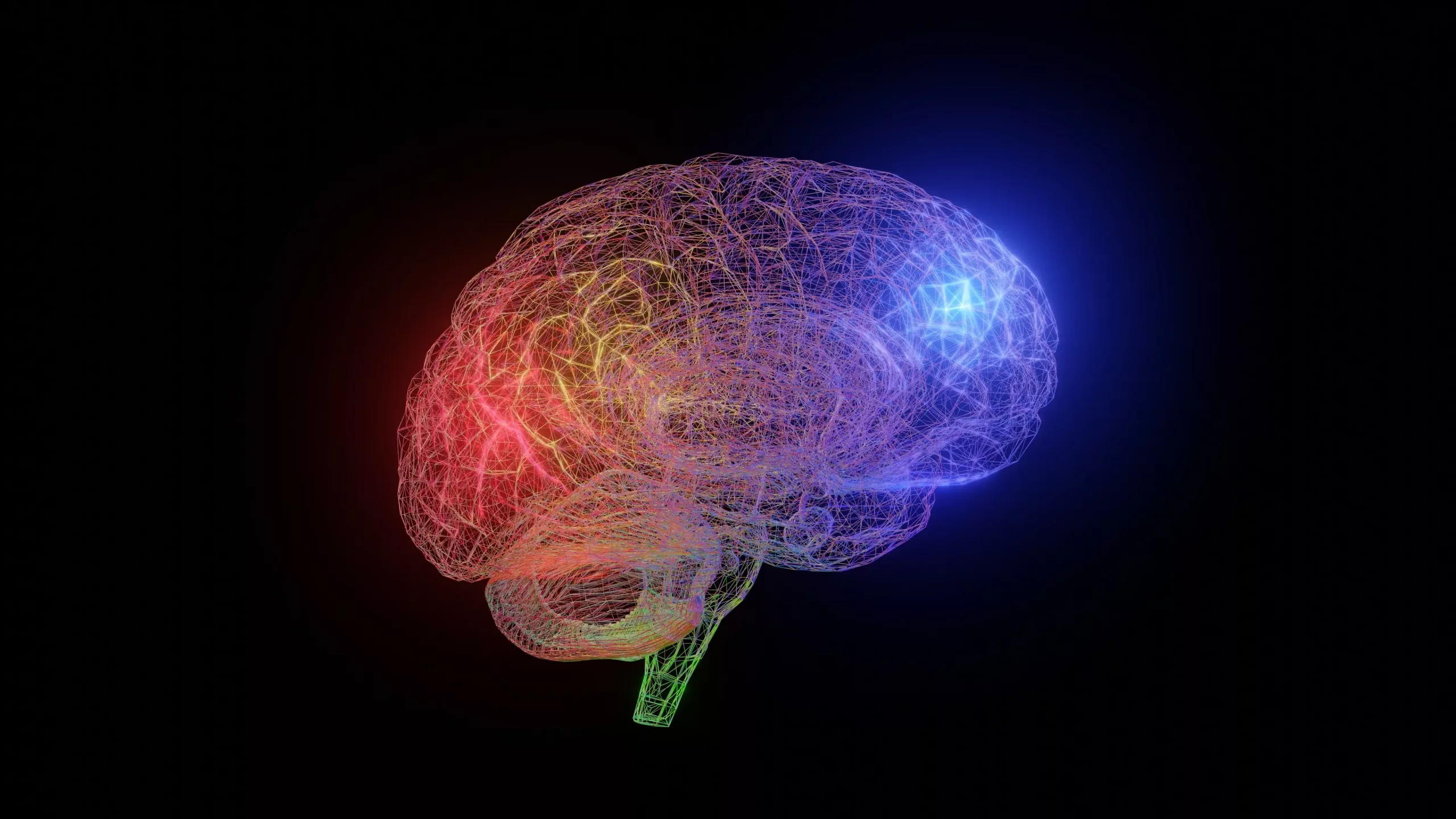Pharmaceutical heavyweight, Shire, best known in the US for its ADHD medications, presented new research on Binge Eating Disorder (B.E.D.) and Attention-Deficit/Hyperactivity Disorder (ADHD) at the American Psychiatric Association (APA) in Atlanta, GA, “demonstrating its ongoing commitment to furthering the understanding and management of psychiatric disorders,” the company said in a written statement.
“The data being presented this year at APA will address several important topics within the adult psychiatry therapeutic area, including the characterization of eating behaviors in adults with binge eating disorder, as well as patterns of prescription medication use in two psychiatric disorders,” said Barry K. Herman, MD, MMM, DLFAPA, Global Medical Team Lead, Senior Medical Director for Shire. “These presentations underscore our long-standing commitment to furthering knowledge of psychiatric conditions and advancing research into the unmet needs of people with B.E.D. and ADHD.”
Shire highlighted a number of areas of new research: A 7-Item Binge Eating Disorder Screener in Clinical Practice, and a Register-Based Case-Control Study of Prescription Medication Utilization in Binge Eating Disorder (Poster Number P6-136).
ADHD
Medication Use among Commercially-insured Adults with Attention-Deficit/Hyperactivity Disorder (ADHD) in the USPoster Number P6-136 is part of a Shire-funded research partnership with scientists from the University of North Carolina at Chapel Hill; Karolinska Institutet in Stockholm, Sweden; and Shire. The partnership was established to optimize the Swedish National Registers’ extensive data to enhance researchers’ understanding of the critical dimensions of B.E.D. in adults, including the prevalence, correlates, comorbidity, course, treatment, and outcome of B.E.D. “Continued research on binge eating disorder in adults is crucial to expanding our understanding of the disorder,” said Cynthia Bulik, PhD, FAED, Distinguished Professor of Eating Disorders, Department of Psychiatry, University of North Carolina at Chapel Hill, and co-author of P6-136. “We value our collaboration with Shire to enhance efforts to educate health care professionals who evaluate adults living with B.E.D.”
Attention-Deficit/Hyperactivity Disorder (ADHD) is a neurobehavioral disorder that manifests as a persistent pattern of inattention and/or hyperactivity-impulsivity that interferes with functioning or development and is inconsistent with developmental level.ADHD is one of the most common childhood psychiatric disorders. An estimated 11 percent
(6.4 million) of US school-aged children have been diagnosed with ADHD in their lifetime, based on the 2011/12 National Survey of Children’s Health, in which parents were asked if a health care practitioner had ever told them their child had ADD or ADHD. Although many people tend to think of ADHD as a childhood problem, 60% to 85% of children with ADHD may continue to meet the criteria for the disorder during their teenage years. Nearly 50% of children with ADHD may continue to meet the criteria for the disorder in adulthood, based on parent report. The disorder is estimated to affect 4.4 percent of US adults aged 18 to 44 based on results from the National Comorbidity Survey Replication. When this percentage is extrapolated to the full US population aged 18 and over, approximately 10.5 million adults are estimated to have ADHD. Drug treatment may not be appropriate for all patients with ADHD.
B.E.D.
Binge Eating Disorder (B.E.D.), recognized in the Diagnostic and Statistical Manual of Mental Disorders, Fifth Edition (DSM-5®) as a distinct eating disorder in 2013, is defined as recurring episodes (on average, at least once weekly, for 3 months) of consuming an unusually large amount of food in a short time, compared with what others would consume under the same or similar circumstances. Adults with B.E.D. feel a sense of lack of control over eating during a binge eating episode and marked distress over their binge eating. They typically experience shame and guilt about their binge eating, among other symptoms, and may conceal their eating problems. Unlike people with other eating disorders, adults with B.E.D. don’t routinely try to “undo” their excessive eating with extreme actions like purging or over-exercising. Only a doctor or other qualified health care professional (HCP) can diagnose B.E.D. and determine an appropriate treatment plan.B.E.D. is the most common eating disorder among US adults, and is more than twice as common as anorexia nervosa and bulimia nervosa combined. The disorder occurs in both men and women, is seen across racial and ethnic groups in US adults, and can occur in normal weight, overweight, and obese adults.





Leave A Comment